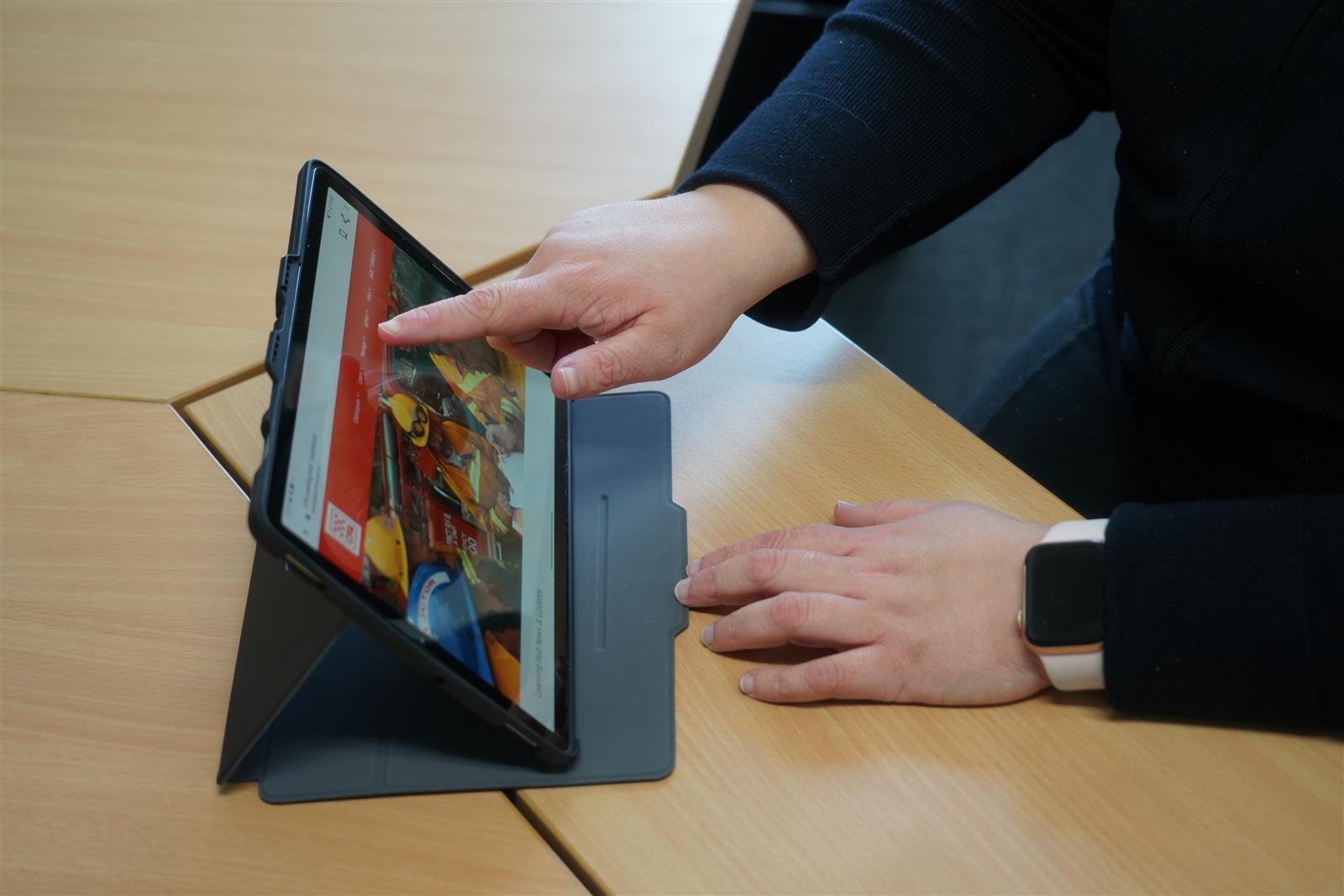Consultation open: Updated Working with Children Clearance Policy

CFA has developed a draft Working with Children Clearance Policy. We are now seeking your feedback on the proposed changes.
As a community-based organisation, CFA has a legal and moral responsibility to ensure that children interacting with us are protected from any form of harm or abuse. A Working with Children Check (WWCC) determines if a person poses an unjustifiable risk to the safety of children based on their previous criminal history or conduct.
Changes proposed under the draft Working with Children (WWC) Clearance Policy are:
- more roles at CFA will require a WWC Clearance over the next few years and this will depend on what role you hold
- we are working towards all CFA members having a WWCC by 30 June 2026
- the changes would be introduced in four stages (called ‘schedules’) with more roles requiring a WWCC in each stage.
How can you provide feedback?
- Access the draft policy via CFA’s Policy Library on Members Online. Instructions on how to submit feedback are available at the top of the page.
- You can review what this means for you and your role.
- We welcome your comments on the timing, the four stages and the roles listed in each schedule.
- Feedback can also be given directly to Child Safety’s WWCC inbox: wwcc@cfa.vic.gov.au
Consultation is open to all members until 4 August 2023.
The current Working with Children Check (WWCC) Policy, released in April 2021 and updated in March 2022, requires all new and transferring members to have and maintain a current WWC Clearance.
Current members who perform a role that involves regular direct contact with children are already required to hold a WWC Clearance under the Worker Screening Act 2020.
This includes roles such as Junior Leaders, Fire Safe Kids Presenters, and members responsible for delivering training to 16/17-year-olds.
How did CFA decide which roles will require a WWCC in each stage?
This draft WWC Clearance Policy has been developed using a risk-based approach. A role analysis was conducted to identify the risk levels for each role at CFA.
The analysis looked at whether the role:
- has any contact with children including direct, regular indirect, or occasional indirect contact
- is a leadership position with access to systems that interact with children or hold personal information about children
- may be involved in the management, review, or support of child safety cases.
Questions can be directed to the Child Safety team: childsafetyofficer@cfa.vic.gov.au